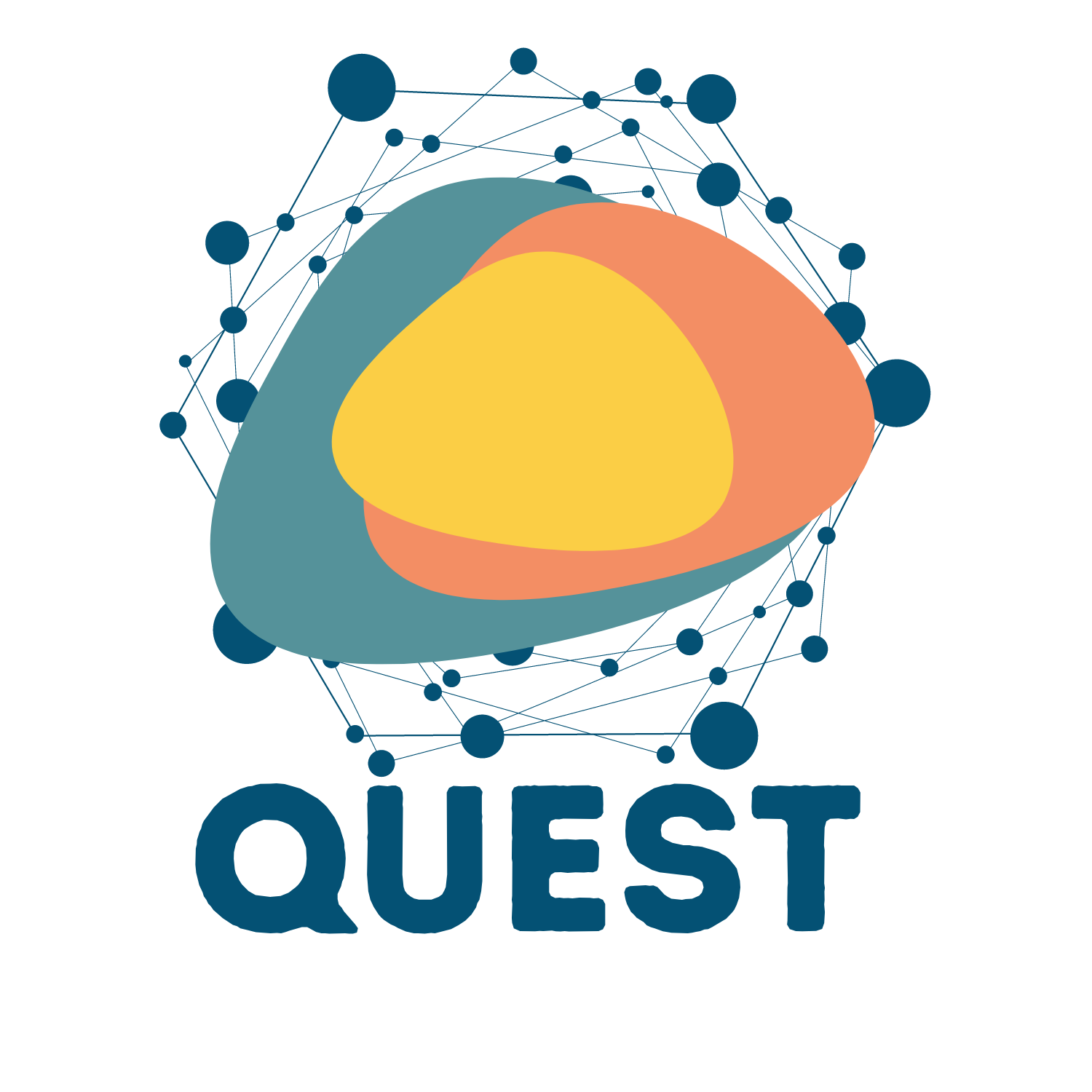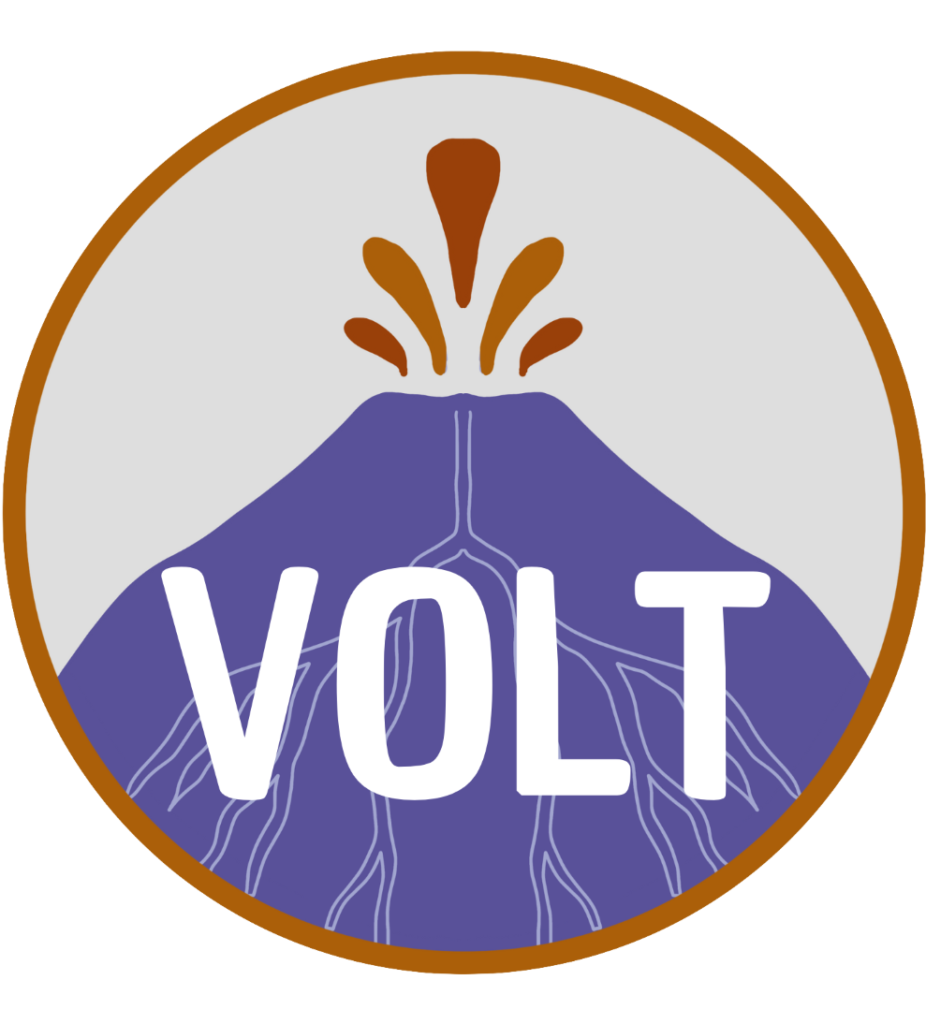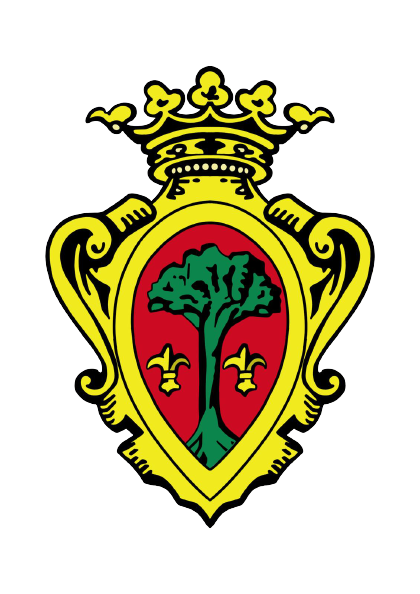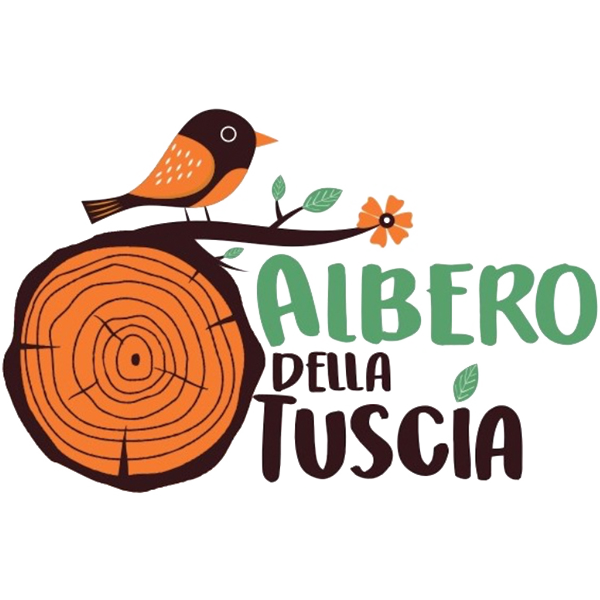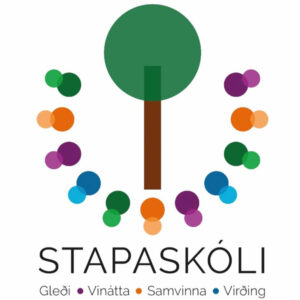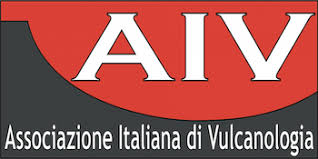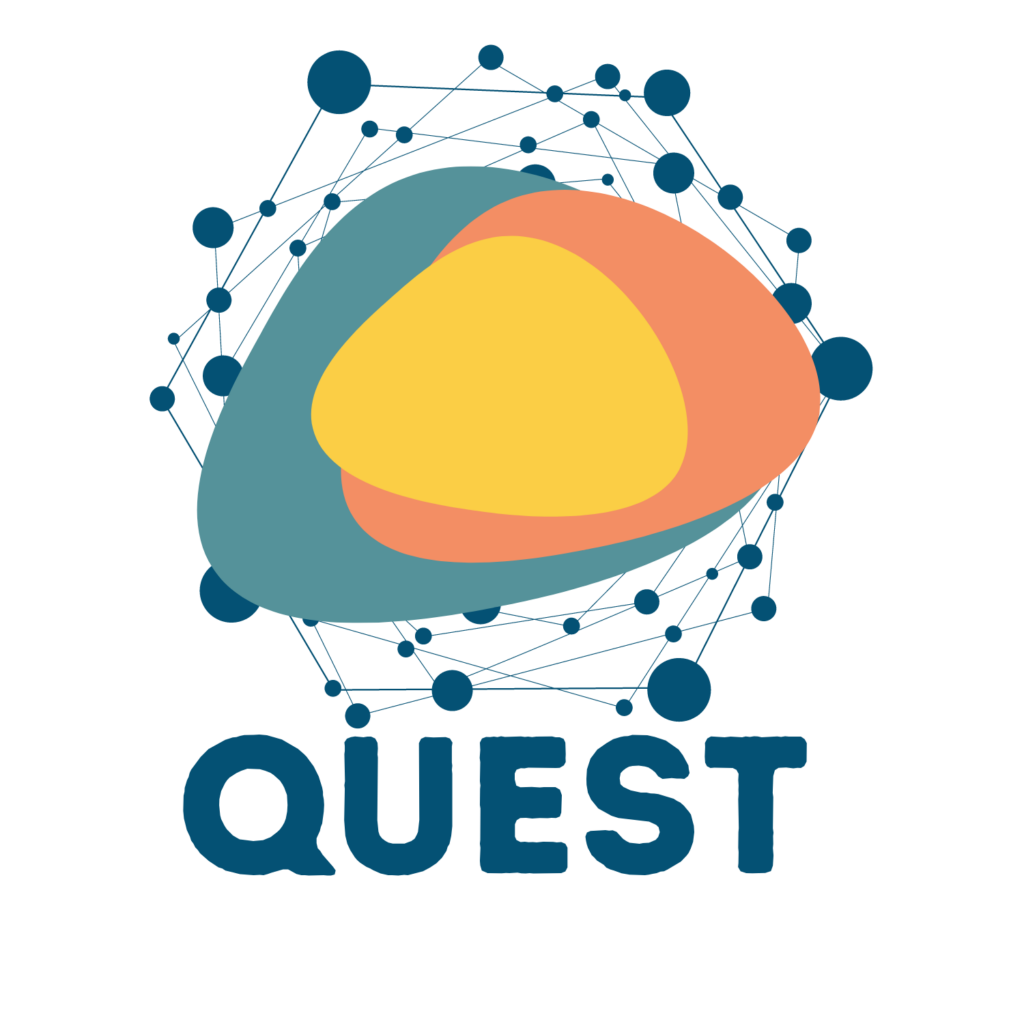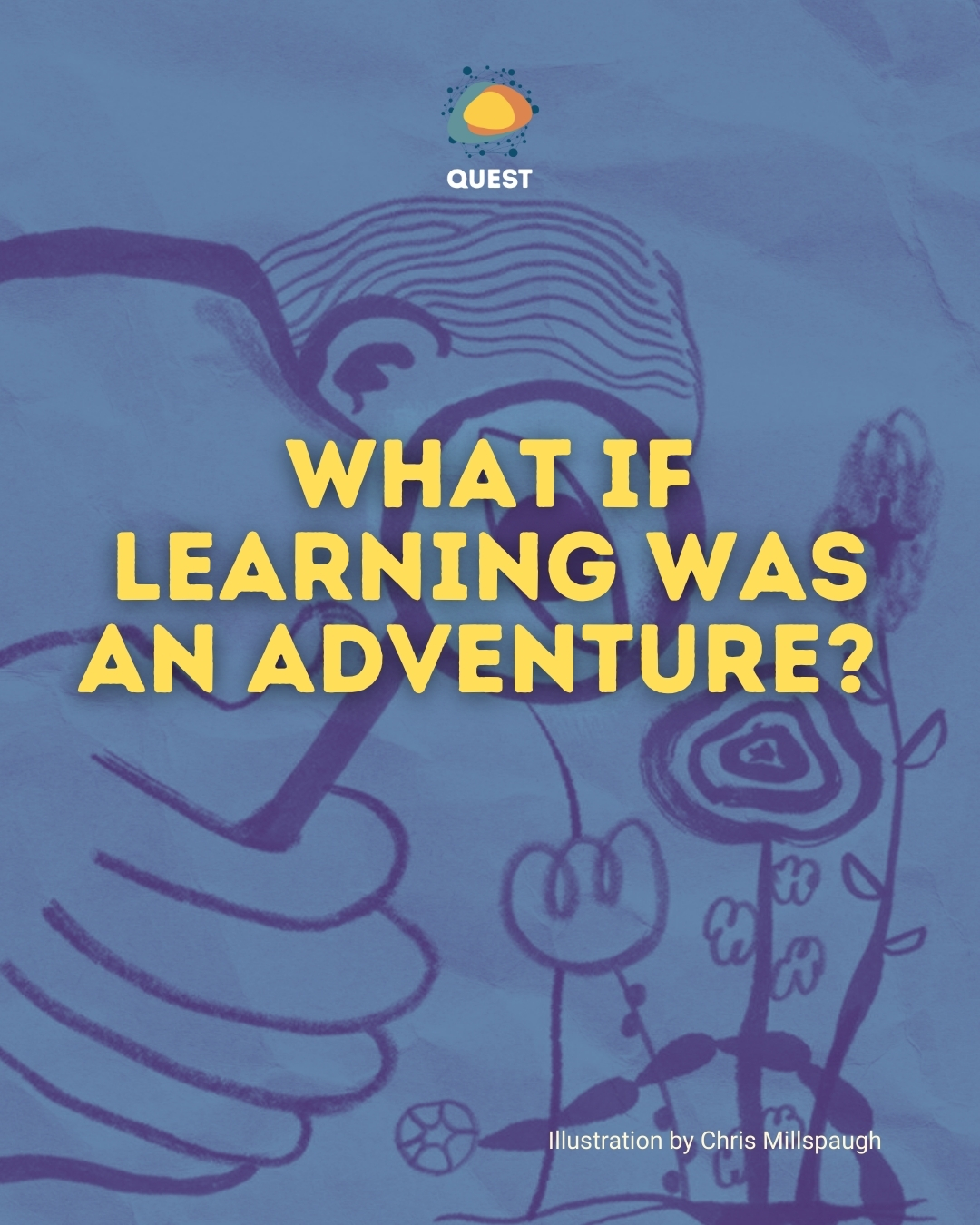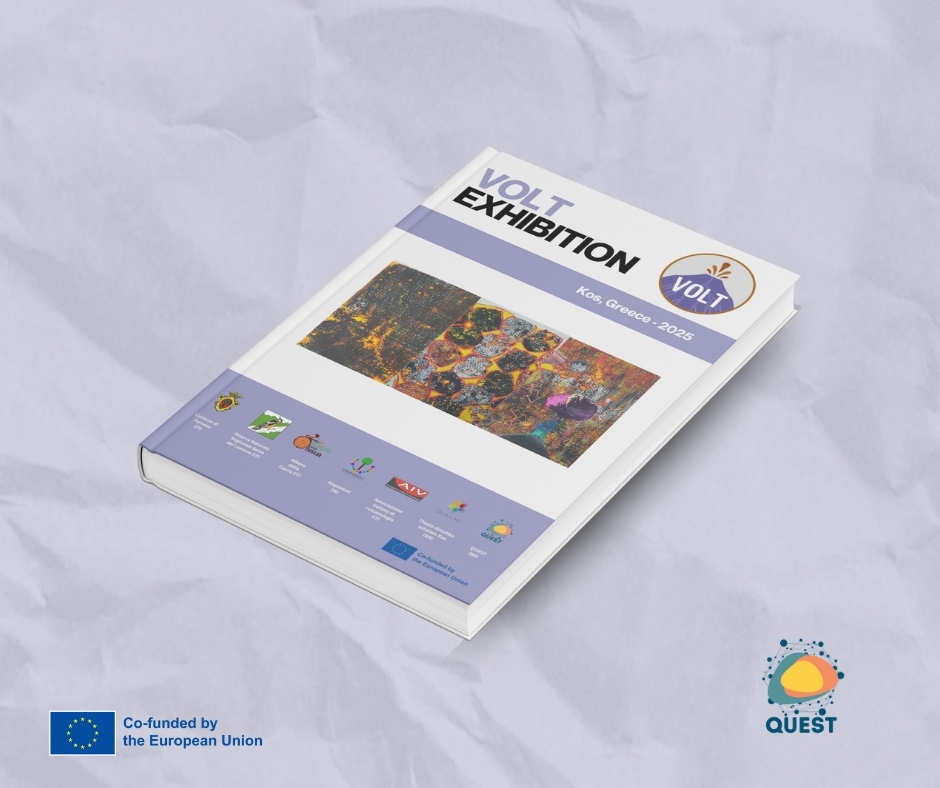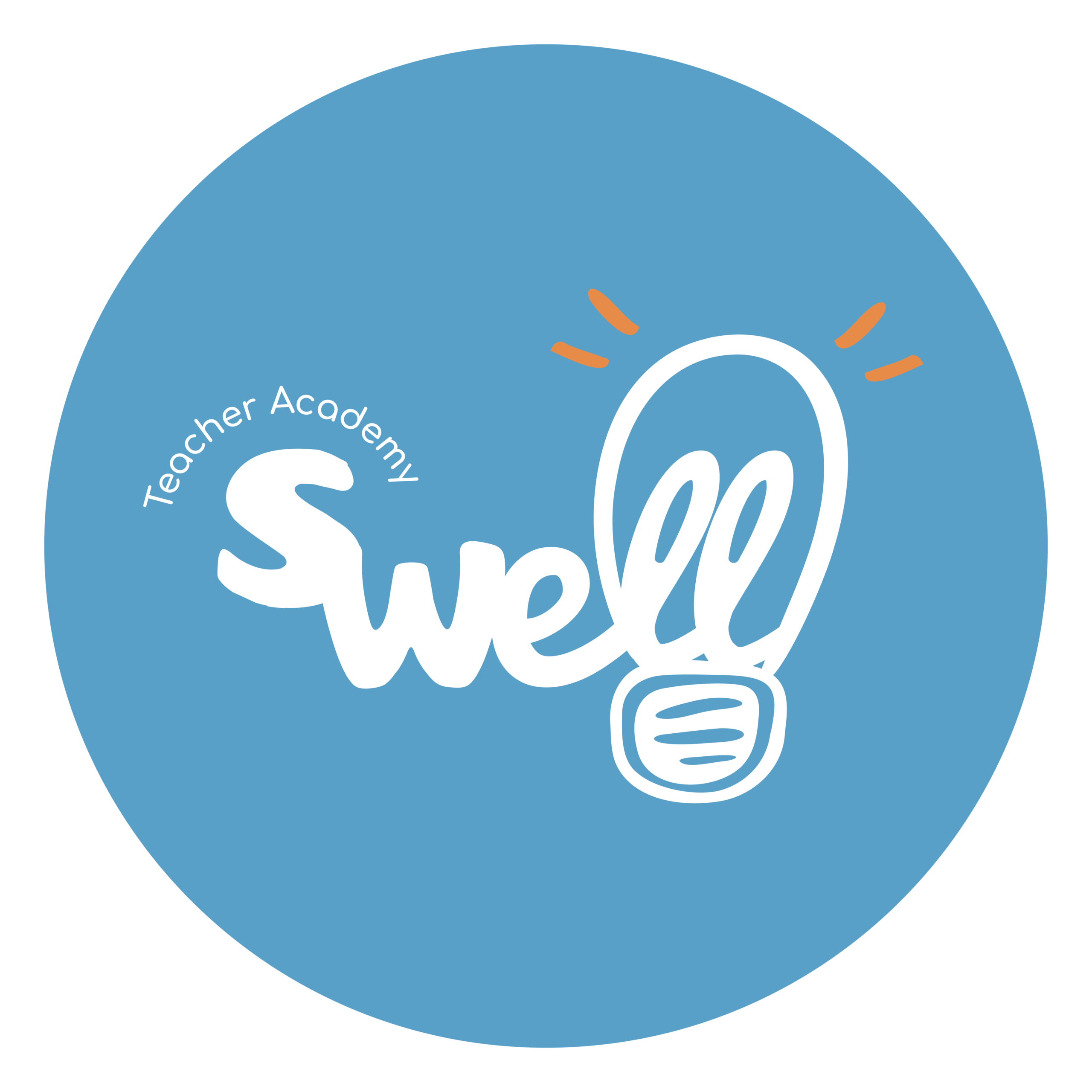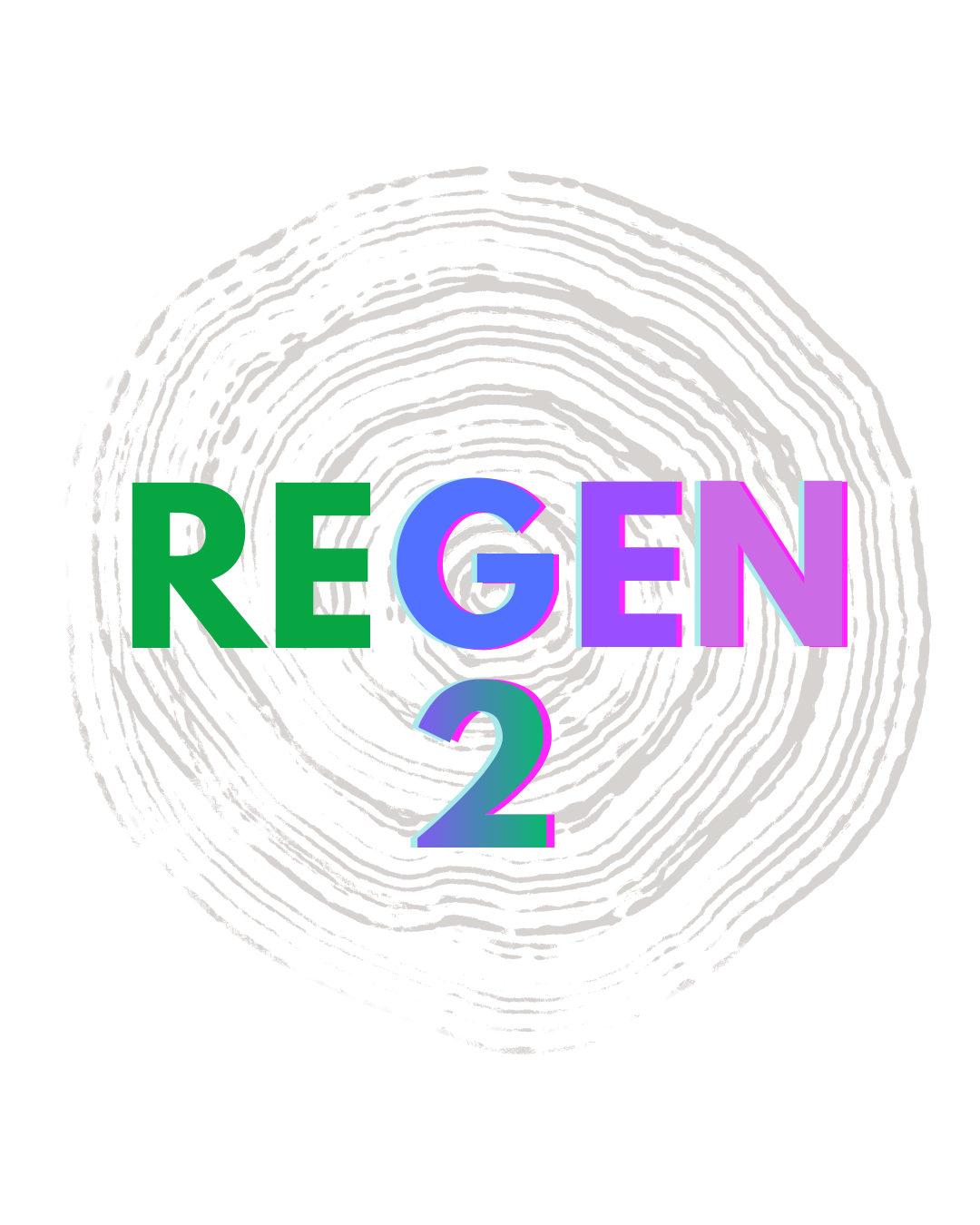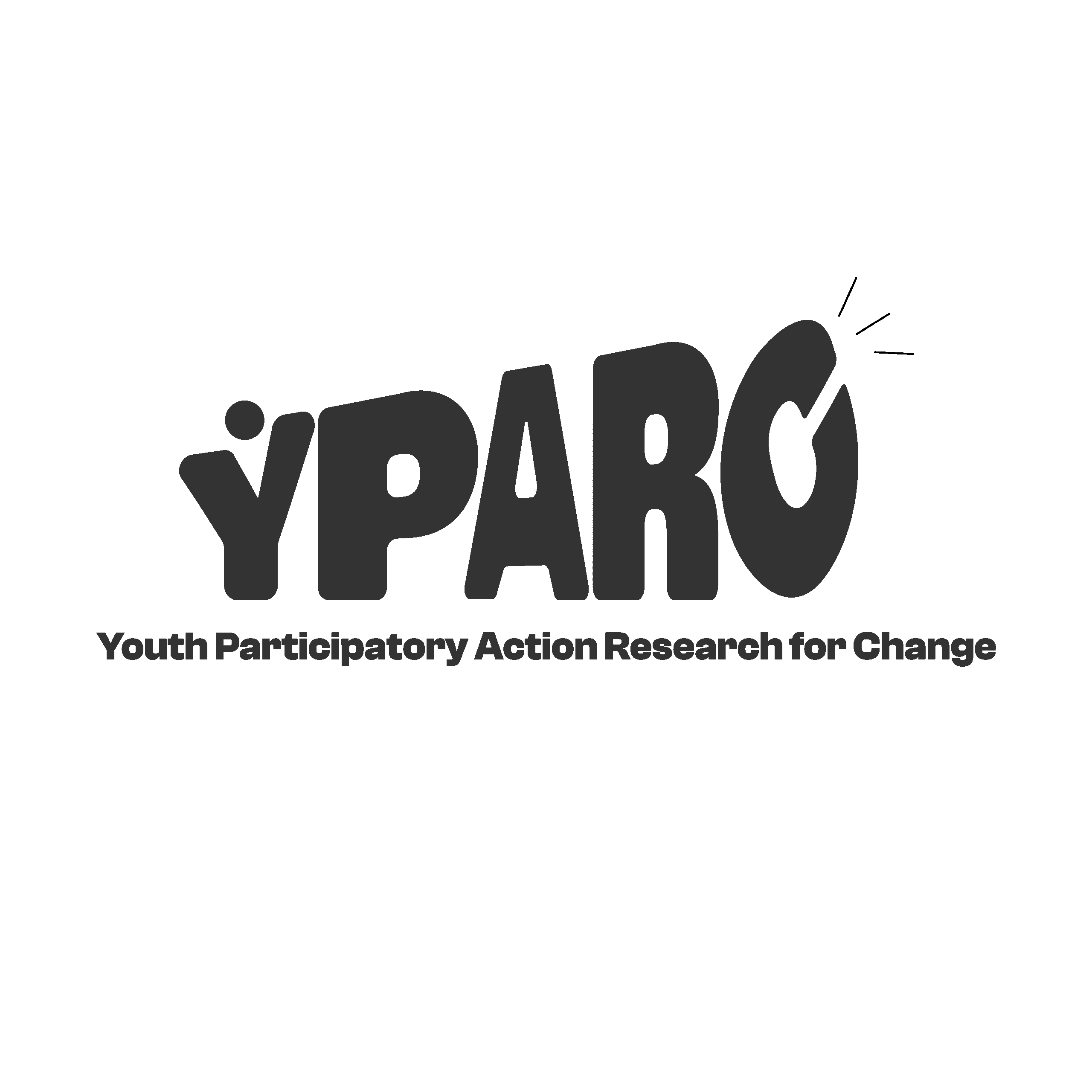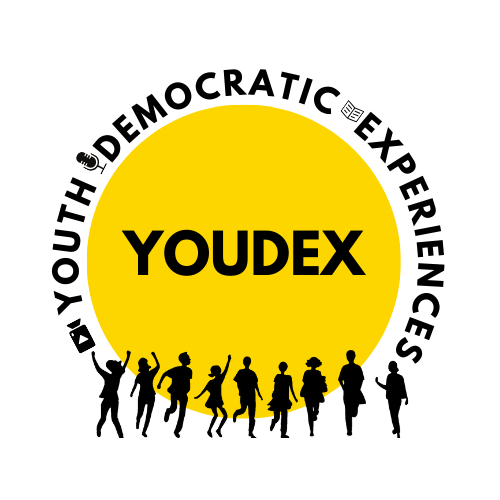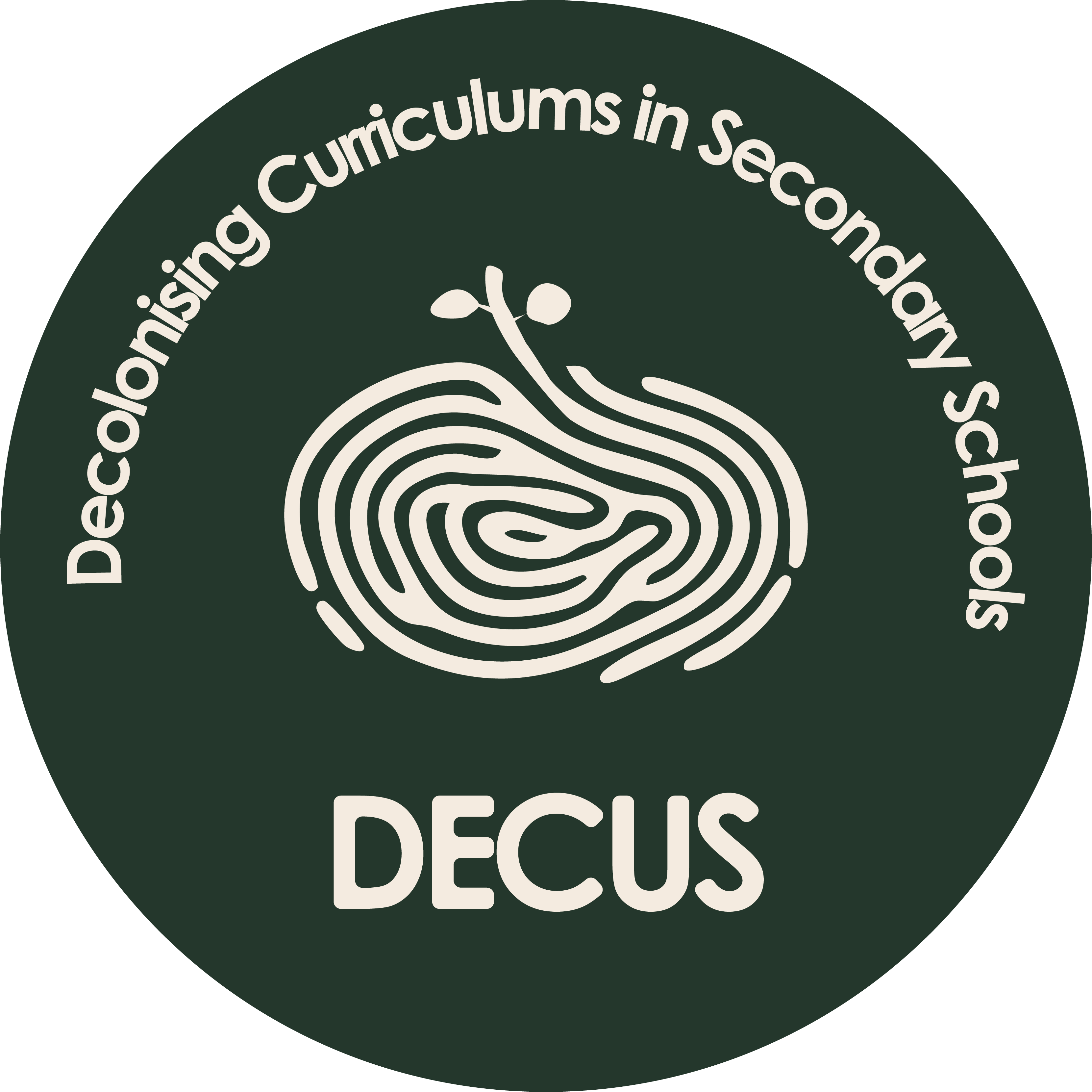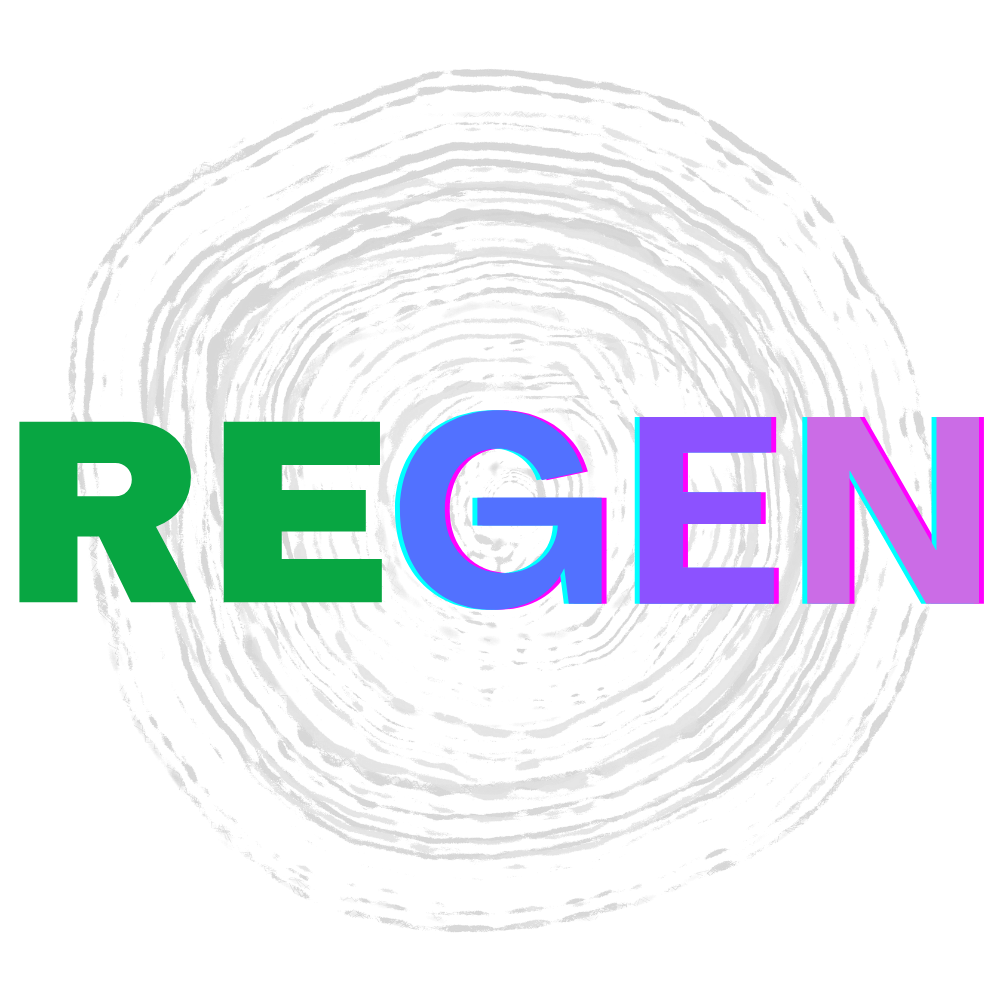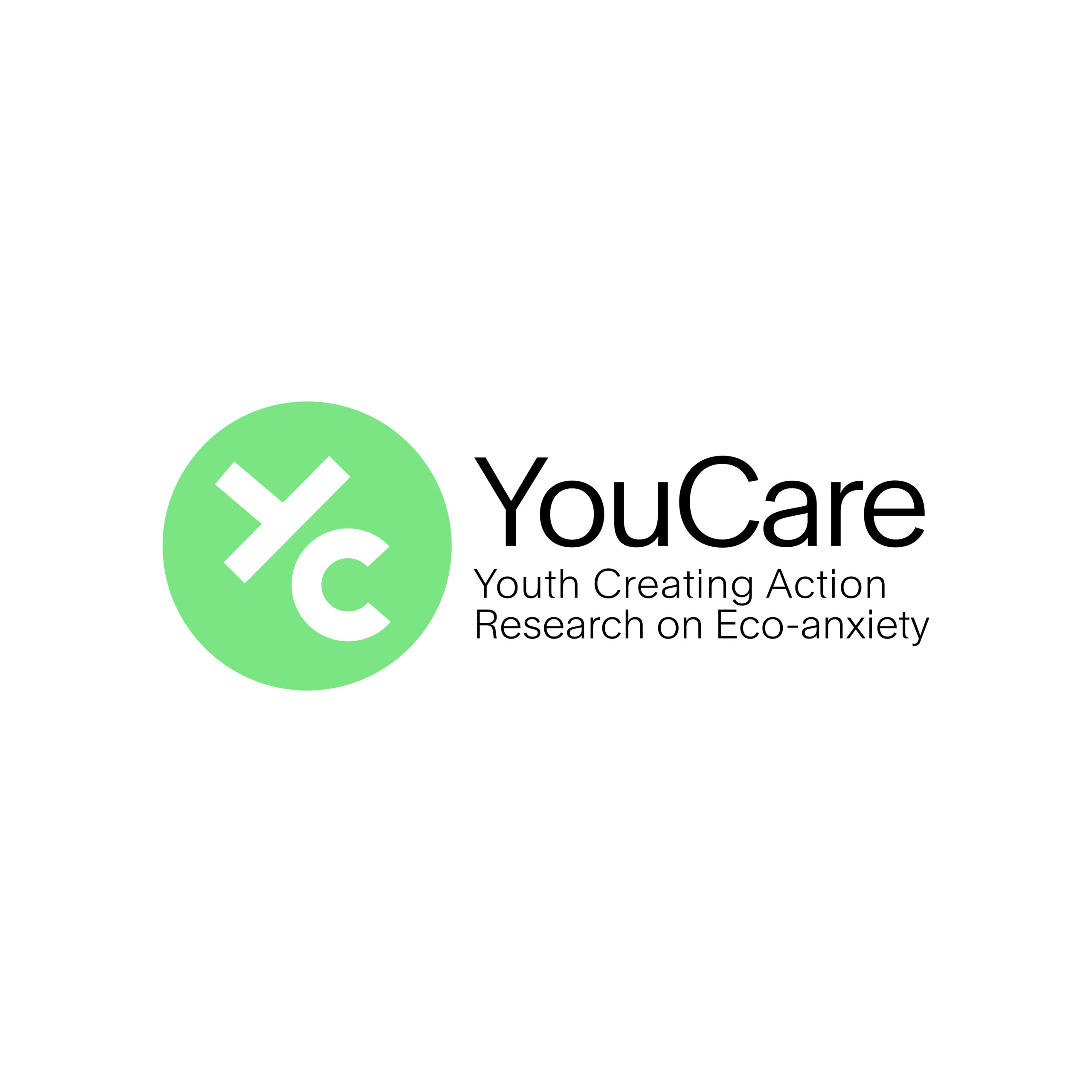VOLT – VOLcanoes as Teachers
The project idea is to bring together three schools from three European countries (Italy, Greece, Iceland) that are located in three different remote volcanic areas of Europe, provide them with the tools to study the volcanoes of their region, and then be able to transmit the acquired knowledge to students from other countries. Students will at the same time document the process and create an educational documentary.
Through the VOLT project, student’s STEM research activities reach beyond the boundaries of the school, developing a global awareness connecting them to all those populations whose lives, and cultural heritage revolve, in one way or another around living in volcanic regions. Its general objective is to promote innovative STEM pedagogical possibilities for students, as suggested by the European Skills Agenda. Learners will also get the opportunity to compare and exchange their research and actions with partnering countries sharing topographic commonalities, to foster a stronger European citizenship by developing cross- curricular projects that enhance learners’ global competence
VOLT also wants to facilitate better social inclusion from partner schools, as they face geographical barriers due to the fact that they are located in remote rural areas. Indeed, remote rural areas have a lower level of socioeconomic development: declining and ageing population, longer road distances to schools and other public services, and limited economic performance in comparison with urban areas (EC, 2023, Opportunities and challenges for remote rural areas in the European Union). In this context, especially youth and students are frequently confronted with a sense of geographical isolation, often linked with economic barriers that exacerbates territorial disparities and youth marginalisation. VOLT aims to break this social isolation by the creation of moments to socialise, explore, go out in connection with nature, discover the richness of the local landscape and share knowledge with other European students living in a similar geographical condition.
objectives
The project aims to provide teachers and students with the tools to study the volcanoes of their region on a cross-sector level (historical, geographical, geological perspective and societal impact) and proposes pedagogical practices based on inquiry‐based methods and self-directed learning to permit a student-centred approach to the study of volcanoes, and then be able to transmit the acquired knowledge to students from other countries.
Goals & Objectives:
The overarching project general objective is to promote innovative STEM pedagogical opportunities for primary school students.
SO1: Empowering teachers to promote students’ talents through innovative pedagogy. With the training course in WP2, VOLT will equip teachers with cutting-edge teaching methodology that will foster students’ inner talent and transversal skills.
SO2: Empowering teachers to promote students’ active investigation of the environment they are connected to. WP2 activities will support teachers in transmitting the needed instruments (scientifical, historical, geographical) so that students can explore the surrounding ecosystem.
SO3: Empowering teachers to promote students’ global awareness. The exchange foreseen in WP3 will permit teachers and students to connect their realities to any population and cultures linked to volcanic topography.
SO4: Empowering students’ capacity to develop curiosity. WP3 and WP4 (documentary) will foster students’ capacity to adapt to new realities, welcome challenges, and co-design ways to bridge by discovering what connects them.
SO5: Empowering students’ capacity to use digital tools. With the documentary planned in WP4, students will be able to develop and to create valuable online digital contents for its peers and for the general public.
SO6: Empowering students’ capacity to break the geographical isolation of living in remote rural areas. WP2 and WP3 activities will raise awareness in students of the richness of their natural landscape and connect them with other European students living in remote volcanic areas.
activities
Activities:
VOLT brings together three schools from three European countries (Italy, Greece, Iceland) that are located in three different volcanic areas of Europe, plus QUEST that will have the overall task to coordinate and spread the outcome of the project around its network. Teachers will receive innovative outdoor STEM training by volcanologists and students will partake in 3 learning exchanges to share competences and co-create a documentary of their skill building process.
Concrete results:
- The development of a blended training course on volcanology for school teachers to guide students in the self exploration of their respective volcanic area.
- Exchange activities where students will travel, learn and share knowledge on other countries’ remote volcanic areas.
- The creation of an educational documentary by the school’s students that will illustrate the entire project learning process.
Outcomes:
The VOLT project’s expected results are:
- The development of STEM skills
- The development of historical skills
- The development of digital skills
- The development of an active and conscious European citizenship
- The development of personal and interpersonal skills.
- Professional development of European teachers on how to teach science, biodiversity, geology
- Stimulation of teacher motivation on up‐taking innovative teaching methods and practices
duration
01.09.2024 – 28.02.2026
(18 months)
target groups
VOLT’s main target groups are primary schools teachers and staff, and students of primary schools aged between 6 to 13 years old. Other project beneficiaries are local authorities managing public and natural spaces, association promoting biodiversity, scientific organisation, educational institutes.
call
KA220-SCH – Cooperation partnerships in school education (KA220-SCH)
contact
partnerships

Funded by the European Union. Views and opinions expressed are however those of the author(s) only and do not necessarily reflect those of the European Union or the European Education and Culture Executive Agency (EACEA). Neither the European Union nor EACEA can be held responsible for them.
